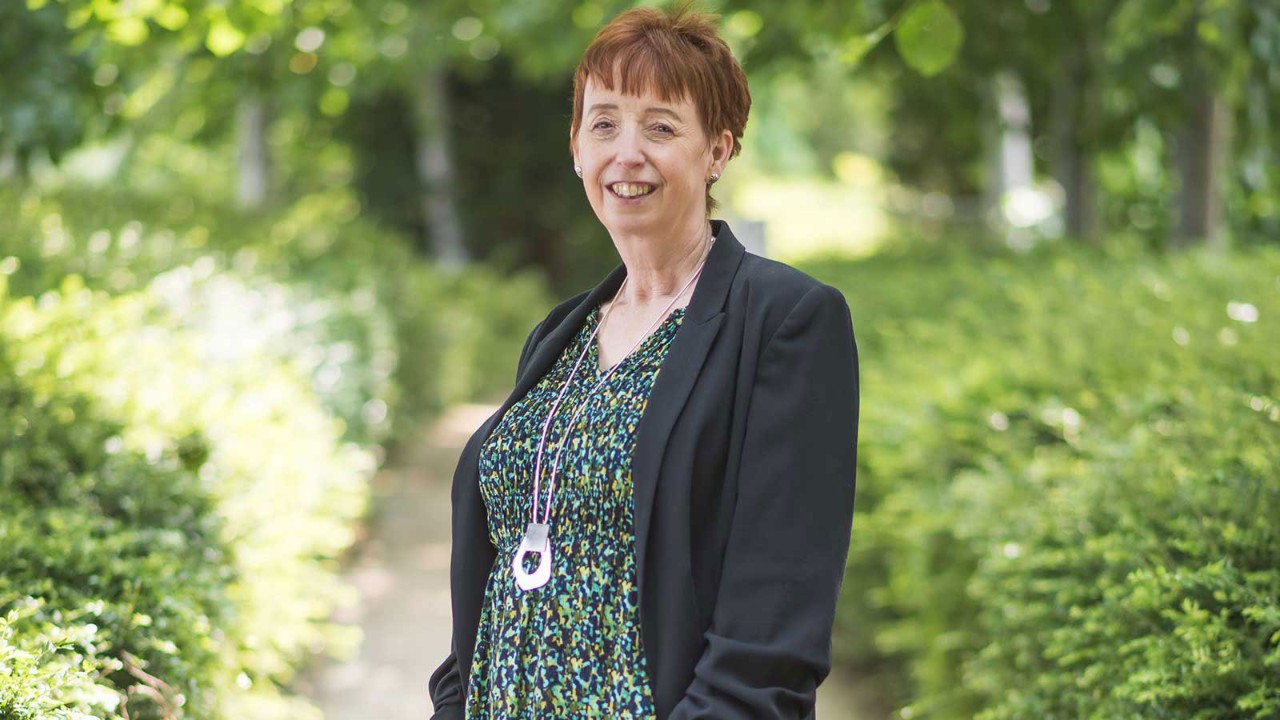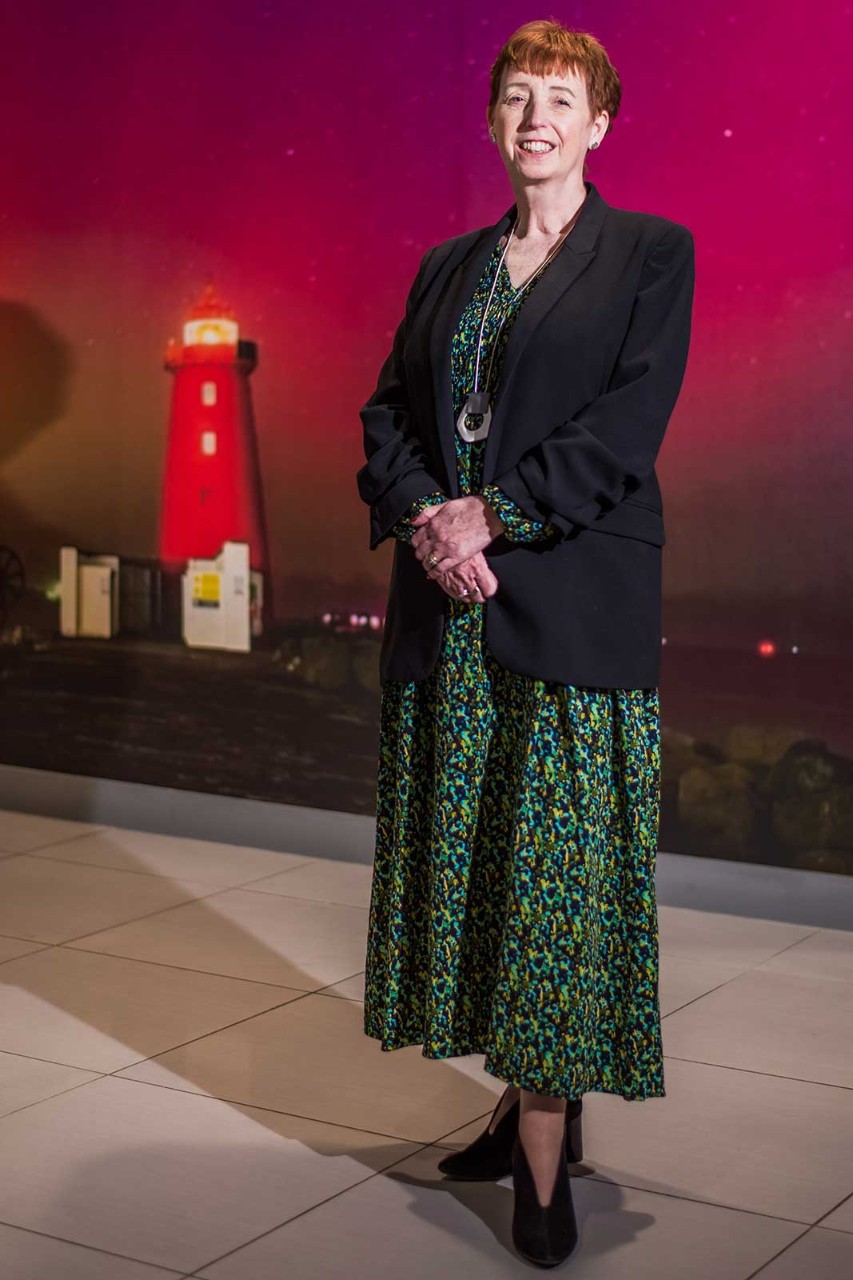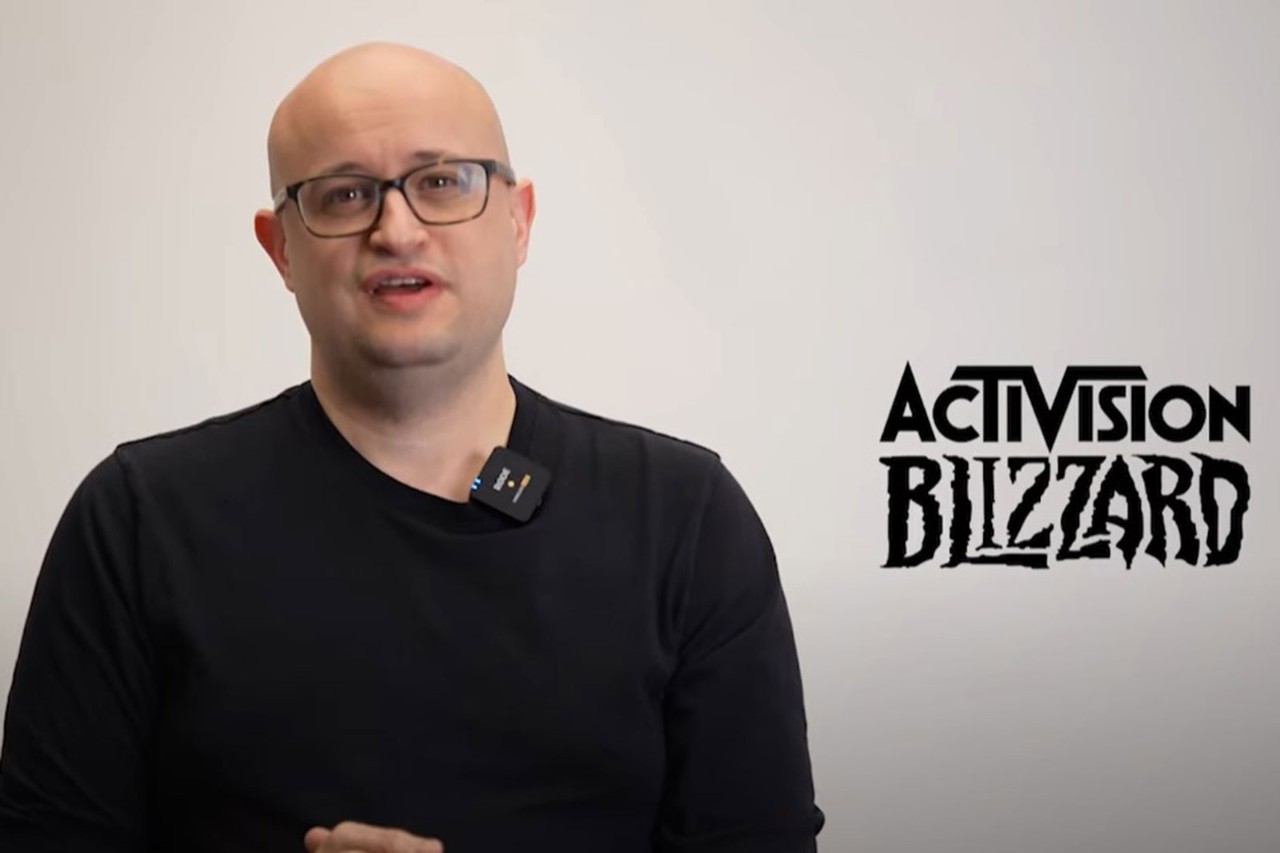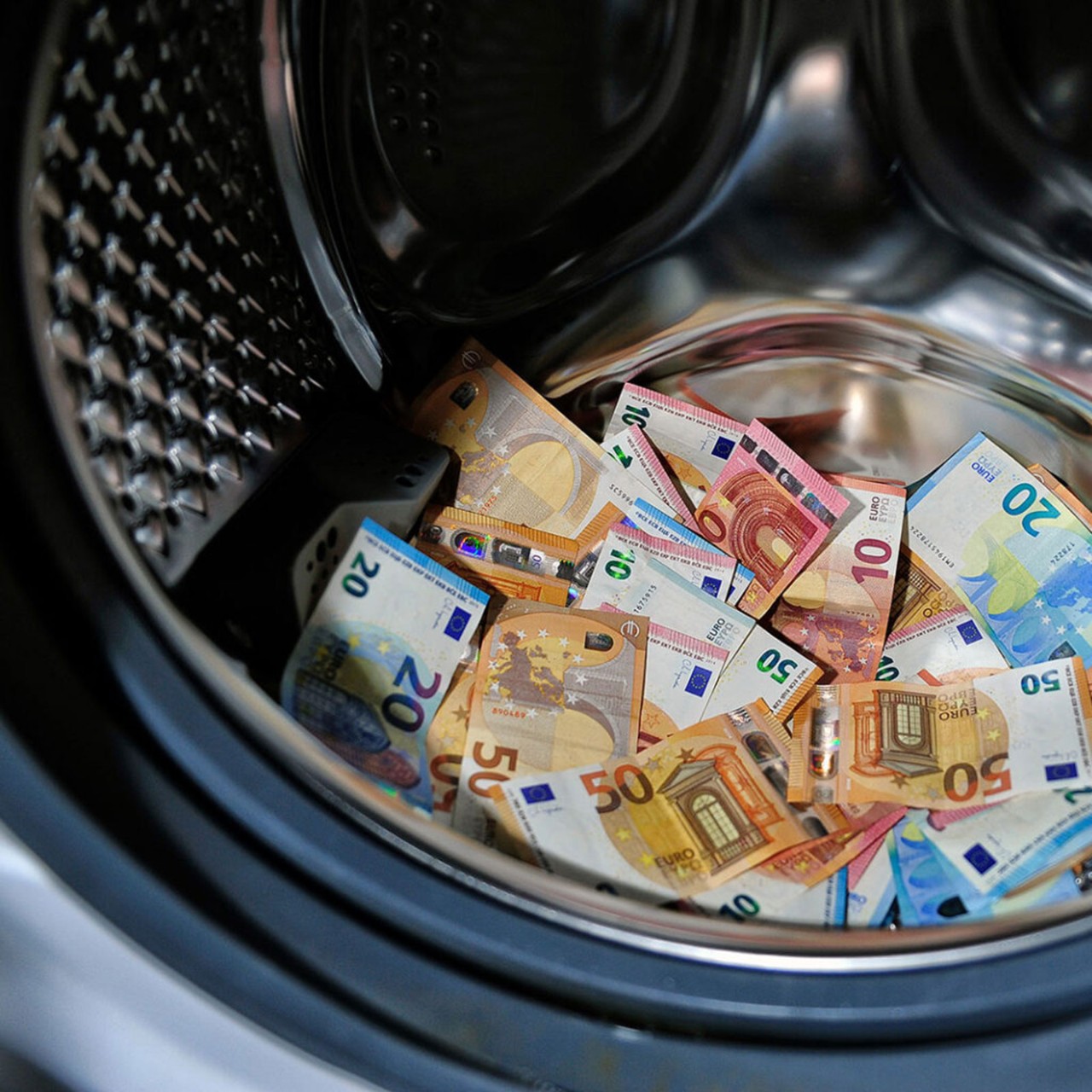
Ireland’s population is forecast to almost double from around three million in 1950 to nearly six million by 2040. Over this period, volumes through Dublin Port were projected to increase to increase more than 20-fold under its Masterplan 2040, and the Port is working hard to keep port capacity ahead of economic demand.
With around €165bn in trade unloading from 6,845 ships onto the jetties at the mouth of the River Liffey each year, as well as some 1.6 million passengers and 465,000 tourist vehicles in 2024, Dublin Port is undergoing significant upgrades to meet projected future demand.
This suits Marie Porter FCCA, Dublin Port Company’s (DPC) project-loving head of finance & ESG reporting, just fine. ‘With 80% of all unitised trade passing through the port each year, we’re a key strategic asset to Ireland,’ she says, one with a ‘huge’ capital investment programme under the Dublin Port Masterplan 2040.
‘As the projects have grown in size, it’s brought us into a new funding space’

‘We’re building today the additional capacity that we’ll need in 10-15 years,’ she explains, noting that it’s all happening on an existing footprint of land inside the Unesco-protected Dublin Bay Biosphere, ‘which is extremely challenging’.
Expanding capacity
Projects include the €230m Alexandra Basin Redevelopment (ABR), the €320m MP2 Project and the €1.1bn 3FM Project, all aimed at expanding the port’s capacity to handle more and larger ships, and improve access and how the port interacts and intersects with the city and its population.
This has presented Porter with not inconsiderable financing challenges. ‘Typically, up until ten years ago, we simply raised bank loans in the order of €50m tranches, but as the capital investment programme has grown, it’s brought us into a new funding space,’ she says.
As a core port on the EU’s North Sea–Mediterranean TEN-T Core Network Corridor, Dublin Port has benefited from considerable financing. For example, the MP2 Project last year won €73.8m from the EU’s Connecting Europe Facility for Transport programme. The company has also secured long-term debt financing to the tune of €100m from the European Investment Bank for ABR, as well as raising €300m in unsecured senior bonds. A significant amount of additional finance will be required to fund the capital investment programme under Masterplan 2040.
Securing financing increasingly comes with an environmental, social and governance (ESG) component – a relatively new but sizeable aspect to her work that Porter is relishing. ‘This is where the two sides to my role knit together,’ she explains. ‘ESG effectively originates from financial markets and investors, so at DPC ESG reporting and disclosure sits within finance; it’s a natural fit.’
‘When I joined, it was a very old fashioned civil-service type grading structure’
Front-row seat
When Porter says she enjoys new challenges, she genuinely means it. Having joined DPC as a school leaver in 1986, she originally attempted to follow her father into marketing, until finance came knocking. ‘A deputy financial controller, who eventually became my sponsor, suggested I give accountancy a go,’ she recalls. ‘But I didn’t think I was clever enough.’
Nevertheless, she started AAT. ‘I absolutely loved it; I knew I’d found my comfort zone,’ she says. ‘I did ACCA next, found I had a passion for tax, so then gained Chartered Tax Adviser status, and I’ve never looked back.’
Porter’s time with DPC has afforded her a front-row seat in the modernisation of a semi-state-owned commercial company after being corporatised in 1997. ‘When I joined, it was a very old fashioned civil-service type grading structure with females typically entering at a lower level grade than males,’ she says.
‘I was hungry for experience, so I volunteered for everything, working well above my grades’
‘I was hungry for experience, so I volunteered for everything, working well above my grades, and down the line this ultimately helped me to gain ACCA membership and promotions.’
Project focused
This also led to her finding her ‘project mode’. ‘I put my hand up for a big change management programme, an ERP implementation,’ she recalls. ‘It was massive, and I absolutely loved it – systems implementations, process improvement, all of it. It’s how I found my niche; I’ve been doing projects ever since.’
Porter’s single-company path may seem of a bygone era or even implausible in today’s corporate world, but her energy and enthusiasm show that a dynamic career doesn’t have to mean job-hopping – not if you make the most of what’s in front of you.
‘We directly support around 4,500 jobs throughout the port, but there are only around 160 people directly employed by DPC,’ she says. ‘This makes gaining broad experience easier than in a large organisation, where you may see one part of the process; here, I get a holistic view.’
‘There’s just something about the port; everyone has a connection to it’
There’s also a passion for the port itself and for the city to which it’s a symbol and a part of its fabric. ‘There’s just something about the port – it invokes nostalgia. Everyone has a connection to it and knows or is related to someone who works or worked here. It has its flaws like anywhere, but it’s a great place to work. It’s small, but hugely important to the economy. It’s kept me motivated and provided opportunities to develop and, by staying, get to where I am now.’
Ahead of the curve
Porter’s career has also been defined by getting ahead of the curve. When she saw DPC’s ESG commitments coming into view, she did a diploma in ESG through the Corporate Governance Institute and once again threw her hand up.
The ESG challenges for a port, and specifically Dublin Port, are numerous. Damage from rising sea levels to its two old sea walls is a key risk, as evidenced by what happened at the port of Holyhead in Wales. A storm in December 2024 damaged two berths, effectively closing the port for over a month, with one reopening in January and the other scheduled for July. The economic impact is not clear, but trade through Holyhead was down almost half a billion pounds in December.
The social aspect is evident in the fact the port is literally a part of Dublin city, not somewhere out of sight. ‘We’re surrounded by communities, so we need to consider noise and pollution,’ she says. ‘There’s also DEI [diversity, equity and inclusion] legislation coming down, including a pay transparency directive, and we reported on our gender pay gap for the first time in 2024.’
‘When you have some consultants saying you’re starting in the wrong place, it can be daunting’
The nature and biodiversity of the bay is a key consideration, too. ‘We talk a lot about the seals in Dublin Port and not disrupting the sea life when undertaking projects,’ she says.
Over and above
Despite DPC potentially falling out of the Corporate Sustainability Reporting Directive (CSRD) scope when the EU released its Omnibus package in February, the company remains committed to reporting within a framework and has continued its ESG project work, most notably recently completing a double-materiality assessment, though not before developing an ESG strategy, at Porter’s behest and against the advice of some big-name consultants.
‘Reporting is just the end bit,’ she explains. ‘Thanks to having a strategy in place, we’re in a position now, having done the double-materiality assessment, having spoken with our stakeholders – investors, customers, suppliers, employers, the community – and knowing what’s important to them and to us, to further develop our ESG strategy, and flesh out our actions and targets. The reporting will follow, and we’ll report over and above the voluntary frameworks.
‘When you have some consultants saying you’re starting in the wrong place, but you disagree, it can be daunting,’ she says. Yet, so far, she’s been proven right. Porter is being approached for advice by other government agencies that have fallen out of CSRD scope, and DPC recently won an ESG Finance Champion Award at the Irish Accountancy Awards.
‘I think I need to take that as a complement,’ she says.


